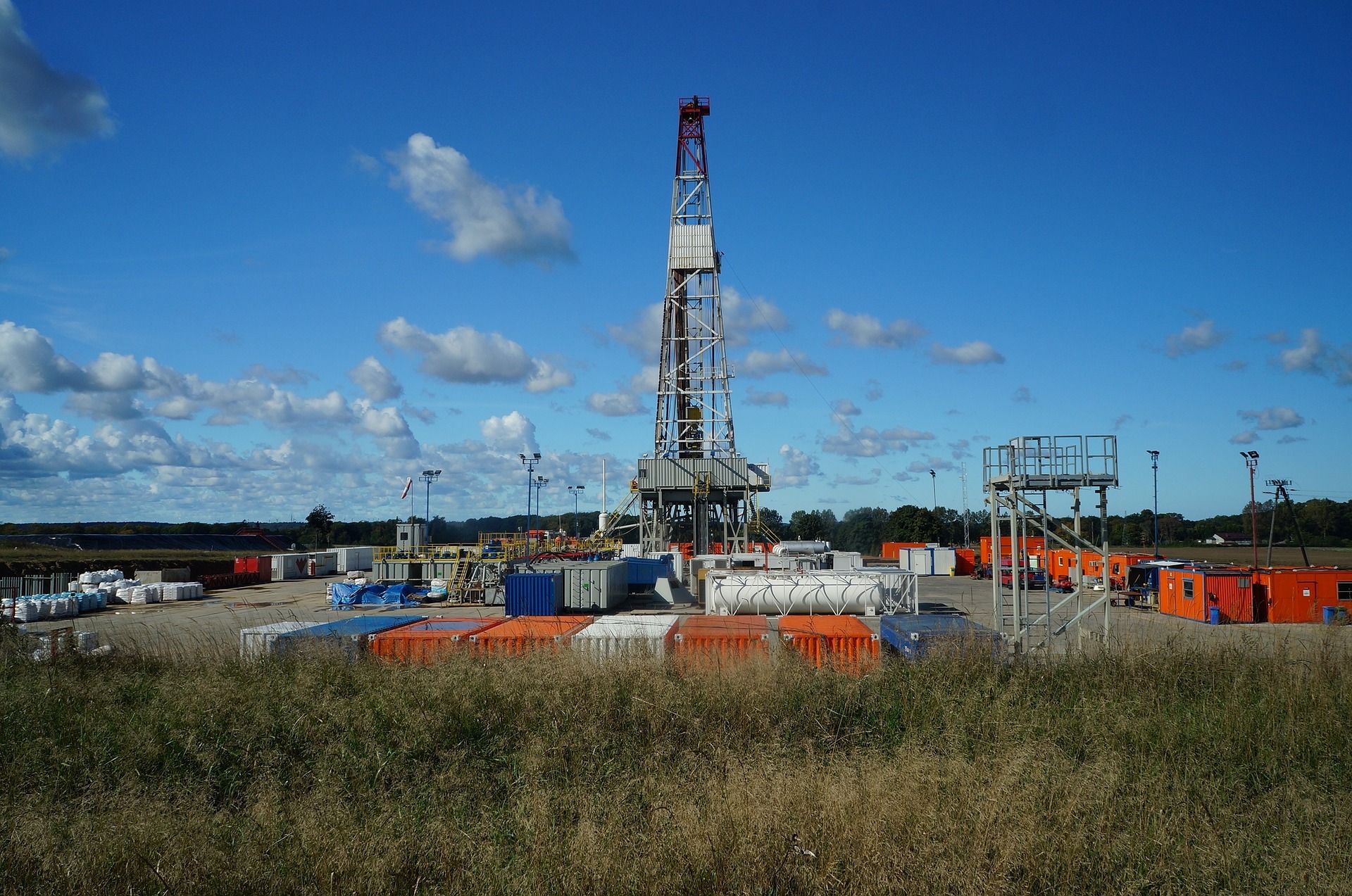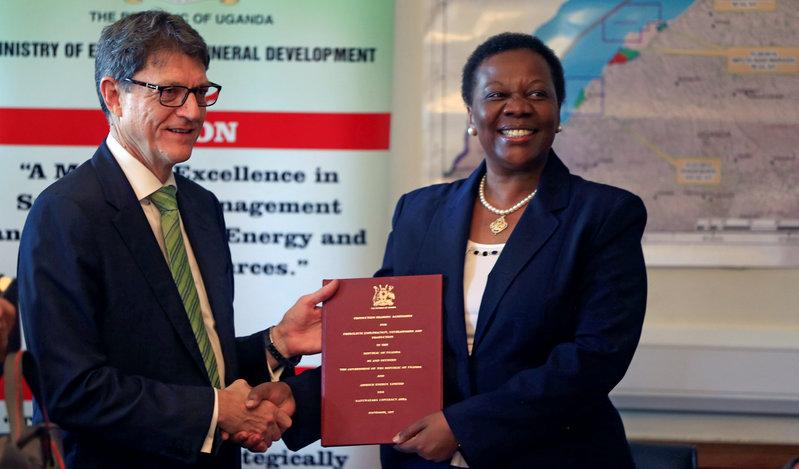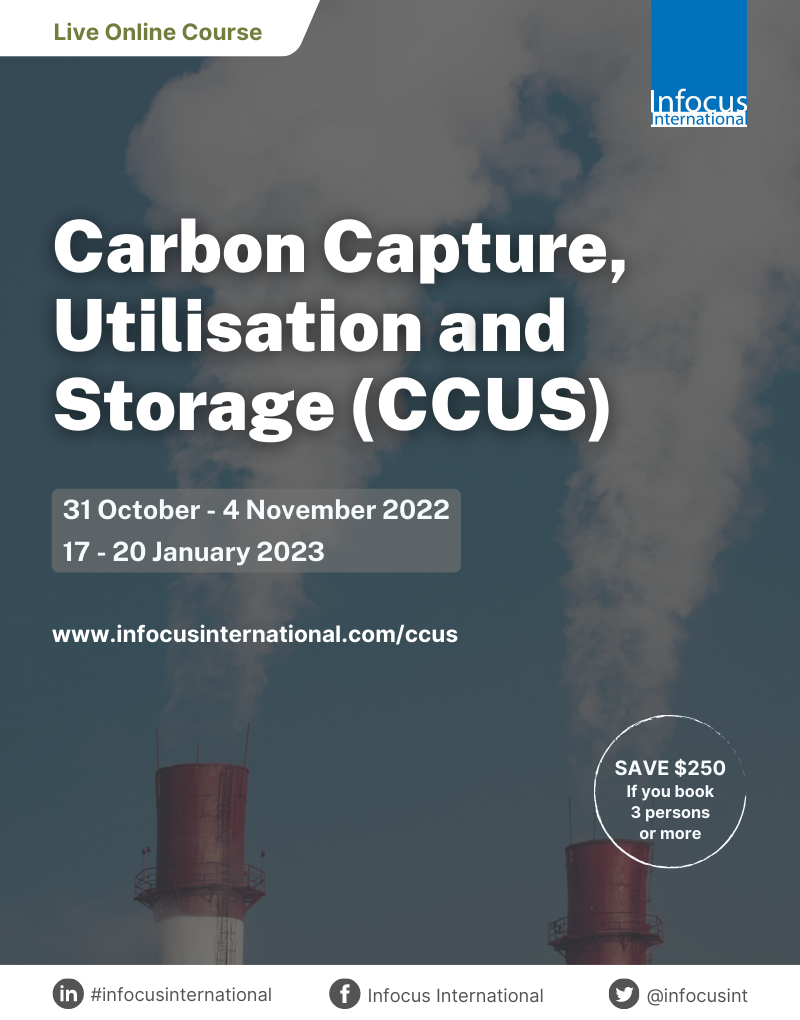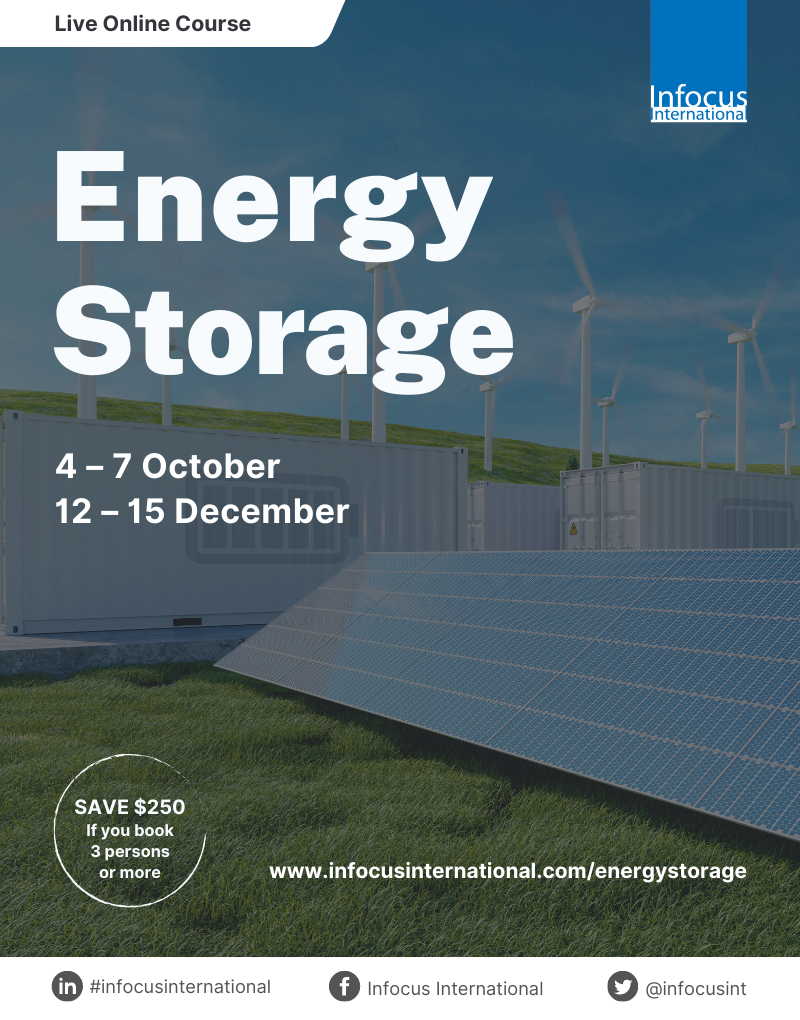The price of Brent crude this week went up to US$68 a barrel. Analysts believe the price is likely to continue on the bullish side owing to robust global demand growth, low US production and OPEC-Russia production cuts to the global supply.
Last week, Reuters quoted Goldman Sachs as saying, “This rally (of crude) has been driven first by robust fundamentals, with strong demand growth and high OPEC compliance accelerating. We see increasing upside risks to our $62 per barrel Brent and $57.5 per barrel WTI forecast for the coming months.”
Uganda, a new entrant to the oil production business, has been making investment decisions with bated breath, because of the falling prices of crude in the global market over the past several months. The ministry of Energy & Mineral Development had however said that the country’s production threshold was predicated at US$49 per barrel.
Uganda recently discovered an estimated 6.5 billion barrels of oil, 1.4 billion of which are recoverable.
Industry analysts say 2018 is the year petro-dollars will start flowing in the country, as works for production and upstream infrastructure start. Recently, bids for firms to compete for the Engineering, Procurement and Construction contract of the pipeline were issued. Local companies , albeit with low capacity, are positioning themselves to supply goods and services to the multi-billion industry.
The Ugandan Oil Law requires that Petroleum Authority of Uganda establishes and publicizes a central database of persons and enterprises involved in petroleum activities in the country.
Notably, the establishment of the Petroleum Exploration, Development and Production (PEDP) regulations will ensure local involvement of indigenous Ugandan entities in the oil and gas sector as priorities are set for the local content participation.
The PEDP regulations require any licensee, contractor and sub-contractor to give priority to goods and services that are produced and available in Uganda and which are rendered by Ugandan citizens and companies during procurement. In addition, they are required to reserve the contracts for ring fenced goods and services like security, foods and beverages, hotel accommodation for supply by Ugandan citizens and companies.
Uganda is expected to see more benefits from oil production. Already many young people are taking specialized training in areas like petroleum geology, structural geology, and sedimentology in the some of the best training institutions around the world. This will inevitably build the country’s human resources for oil.
Oil production agreements have been handed to Total E&P Uganda and China’s CNOOC have been named for production.













